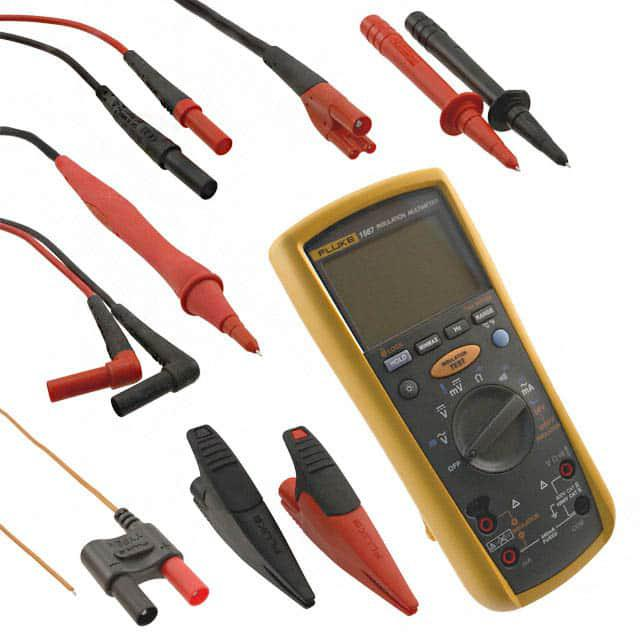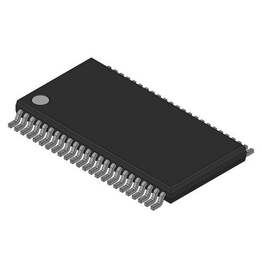Best Multimeters of 2024: Comprehensive Reviews and Buying Guide
Multimeters are essential tools for anyone working with electronics, from hobbyists to professional electricians. This guide will introduce you to the world of multimeters, compare digital and analog models, help you choose the best multimeter for your needs, and explain why Fluke multimeters are a top choice. Additionally, we will provide practical tips for buying and using multimeters, and offer troubleshooting advice.
1. Introduction to Multimeters
Definition and Purpose:A multimeter is a versatile electrical instrument used to measure voltage, current, and resistance. It combines several measurement functions in one unit, making it indispensable for diagnosing electrical problems and ensuring circuit functionality.

Types of Multimeters:Digital Multimeters (DMMs): Provide readings on a digital display, offering high accuracy and ease of use.
Analog Multimeters: Use a needle and dial to display readings, providing continuous readout which can be helpful for observing trends and fluctuations.
Importance in Electronics:Multimeters are crucial in modern electronics for testing, troubleshooting, and maintaining various devices and systems. They are used in everything from simple household repairs to complex industrial applications.
2. Digital Multimeters vs. Analog Multimeters
Accuracy and Precision:Digital multimeters typically offer higher accuracy and precision than analog models. They can measure down to microvolts and microamperes, making them suitable for detailed diagnostic work.
Ease of Use:Digital multimeters are generally easier to use, with clear digital displays and often automatic range selection. Analog multimeters require manual range selection and interpreting a needle position, which can be less intuitive for beginners.
Display and Readings:Digital displays provide clear, easy-to-read measurements, while analog displays can offer better visualization of trends and fluctuations in the readings.
3. How to Choose the Best Multimeter for Your Needs
Key Specifications:When choosing a multimeter, consider the voltage and current ranges, impedance, accuracy, and resolution. Ensure the multimeter can handle the maximum expected values in your applications.
Special Features:Look for features like auto-ranging, data hold, backlight displays, and connectivity options such as Bluetooth or USB for data logging.
4. Why Choose a Fluke Multimeter?
Brand Reputation:Fluke is renowned for its high-quality, reliable measurement instruments. Founded in 1948, Fluke has built a reputation for producing durable, precise, and innovative multimeters.
Key Features:Fluke multimeters are known for their accuracy, robust construction, and user-friendly design. They often include advanced features such as True RMS measurements, which provide accurate readings for both AC and DC currents, and built-in diagnostic functions.
Product Range:Fluke offers a wide range of multimeters catering to different needs, from compact models for basic tasks to advanced models for professional use. Popular models include the Fluke 117, designed for electricians, and the Fluke 87V, known for its industrial-grade performance.
5. Where to Buy a Multimeter
Online Stores:Popular online platforms such as Amazon, eBay, and specialized electronics stores offer a wide range of multimeters. These sites often provide user reviews and competitive pricing.
Authorized Dealers:For Fluke multimeters, consider buying from authorized dealers to ensure you receive a genuine product with full warranty support. unikeyic is a global leader in distributing high-quality electronic components, including Fluke multimeters.
6. Practical Tips for Buying a Multimeter
Budget Considerations:Determine your budget and choose a multimeter that offers the best features within your price range. Entry-level models are sufficient for basic tasks, while higher-end models provide advanced functions.
Warranty and Support:Check the warranty period and availability of customer support. Fluke, for example, offers extensive warranty and support services, ensuring long-term reliability.
7. Using a Multimeter: Best Practices
Safety Tips:Always observe safety precautions when using a multimeter, such as wearing protective gear, ensuring proper insulation, and avoiding contact with high-voltage areas.
Basic Measurements:Learn how to perform basic measurements like voltage, current, and resistance. Always start with the highest range setting to prevent damage to the multimeter.
Advanced Functions:Explore advanced functions such as continuity tests, diode tests, capacitance measurements, and frequency measurements. These functions can help diagnose more complex issues.
8. Troubleshooting
Maintenance Tips:Regularly clean the multimeter, check the condition of the probes, and replace batteries as needed. Proper maintenance ensures accurate readings and extends the life of the device.
Calibration:Periodically calibrate your multimeter to maintain its accuracy. Calibration services are available from manufacturers and third-party providers.
Conclusion
Choosing the right multimeter involves understanding your specific needs and the features available. Whether you opt for a Fluke multimeter for its reliability or another brand for its affordability, knowing the key specifications and features is essential. With proper use and maintenance, a good multimeter can be an invaluable tool in your electronics toolkit.
By following this comprehensive guide, you can make an informed decision and find the best multimeter for your needs, ensuring accurate and reliable measurements for all your electrical testing and troubleshooting tasks.






















